Vorobiov, Mykola
Vorobiov, Mykola [Воробйов, Микола; Vorobiov, Mykola], b 12 October 1941 in Melnykivka, Cherkasy raion, Cherkasy oblast. Poet, painter, one of the key voices of Ukrainian independent poetry from the 1960s to the present. Vorobiov graduated from Kyiv University in 1968. He had several of his poems published in Molod' Cherkashyny and the journal Dnipro in the mid-1960s. In 1967, on her way back from Ukraine to Brasil, the poetess Vira Vovk attempted to smuggle Vorobiov’s samvydav collections Bukinist (A Bibliopole) and Bez kory (Barkless) out of the Soviet Union. These manuscripts were seized while Vovk was leaving the country, and this had tremendous consequences for Vorobiov’s future as a debuting Ukrainian writer. From then on he was considered by the Soviet authorities to be a politically unreliable element and for almost two decades he could not publish his works in state publishing houses and official Soviet periodicals.
Together with Mykhailo Hryhoriv, Vasyl Holoborodko, and Viktor Kordun, Vorobiov formed the core group of the so-called Kyiv School of Ukrainian poetry. Their poetic output represents one the best examples of the kind of personal and aesthetic rebellion against the dogmas and ideological charge of the official Soviet literary culture that was also at the core of the creative work of such poets as Vasyl Stus and Ihor Kalynets. After withdrawing from public literary life for almost two decades, Vorobiov had his first collection of poetry Pryhadai na dorohu meni (Remind Me for the Road) printed in 1985, with five others to follow: Misiats' shypshyny (Wild Dog Rose Moon, 1986), Ozhyna obriiu (The Blackberry of the Horizon, 1988), Prohulianka odyntsem (A Solitary Walk, 1990), Verkhovnyi holos (Supreme Voice, 1991), and Iskry v slidakh (Sparks in Footprints, 1993). A selection of poems from these collections were translated into English by Myrosia Stefaniuk and published in Toronto in 1992 under the title Wild Dog Rose Moon. In 2005 Vorobiov was awarded the Shevchenko Literary Prize. Between 1999 and the 2020s he has published a dozen collections, most of which contain poems already featured in his earlier books. In 2018 Ivan Malkovych’s A-BA-BA-HA-LA-MA-HA publishing house printed a volume of Vorobiov’s selected poems titled Hora i kvita (Mountain and Flower), which has boosted Vorobiov’s visibility among Ukrainian readers. An English-language collection of his poems in Maria Rewakowicz’s translations, entitled Mountain and Flower, was published in the United States in 2020. In 2022 Vorobiov’s debut samvydav collection Bukinist from 1965 was finally published for the first time in the book form in Kyiv. In the 2010s and 2020s Vorobiov has been living between Ukraine and the United States.
Vorobiov’s poems represent some of the finest examples in Ukrainian literature of what could be called ‘pure poetry.’ His creative work tends to eschew references to history in favor of a genuinely poetic apprehension of the world. Through the eye of Vorobiov’s lyrical subject, readers are confronted with a fresh perspective on objects, natural phenomena, and human emotions. Since it provides lyrical reflection on perception, intuition, and knowledge, Vorobiov’s poetry can be said to be philosophical; and phenomenology can dispense particularly important tools that can help readers decipher Vorobiov’s poetic world, in which the apparent simplicity of things becomes challenging and intriguing when they are explored from a genuinely poetic perspective as, on the one hand, existing objectively in the world and, on the other hand, forming part of the beholder’s perception. Vorobiov is also a painter and, as might be expected, the visual element is central to his writing; many of his poems are likely to be perceived as pictures in the reader’s mind. In line with his intrinsically poetic outlook, Vorobiov’s creative work defies chronology and classification. With many of his early poems republished and repositioned in later collections and anthologies, Vorobiov makes it difficult for readers and scholars to establish a stratification of chronological phases in his literary path. However, one could probably say that the poetry presented in his first published collections in the mid-1980s is generally more accessible to a broader audience than poems published in the late 1980s and the 1990s, which tend to be more obscure and demand from the reader significant hermeneutical efforts. A new type of poetic minimalism featured in Vorobiov’s poetry of the recent years may be seen as akin to Zen philosophy, distinguished by its pursuit of freedom through intuition.
BIBLIOGRAPHY
Pastukh, Taras. Kyïvs'ka shkola ta ïï otochennia: Moderni styliovi techiï ukraïns'koï poeziï 1960–90-x rr. (Lviv 2010)
Alessandro Achilli
[This article was written in 2022.]

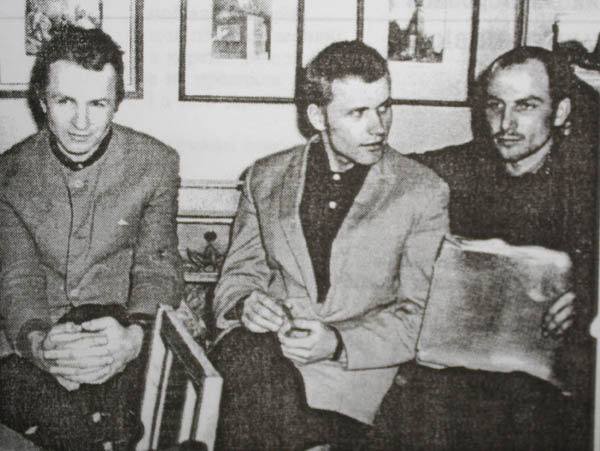
.jpg)
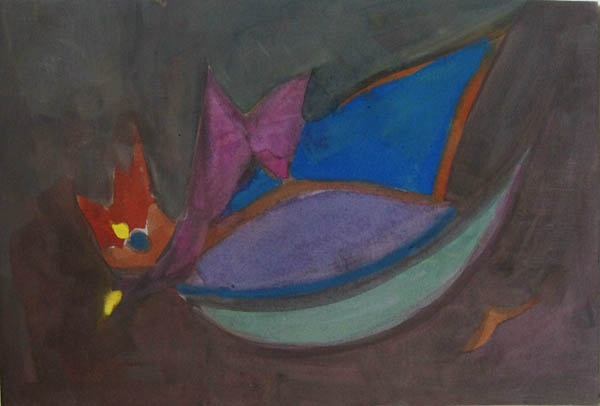
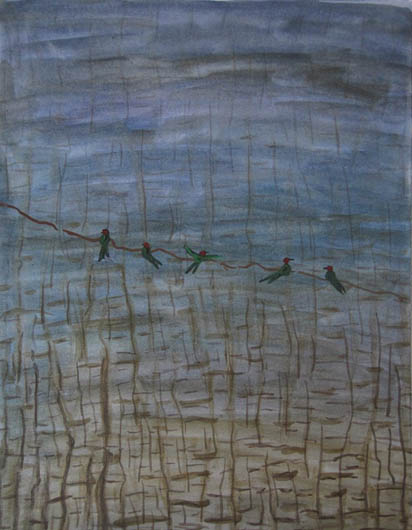
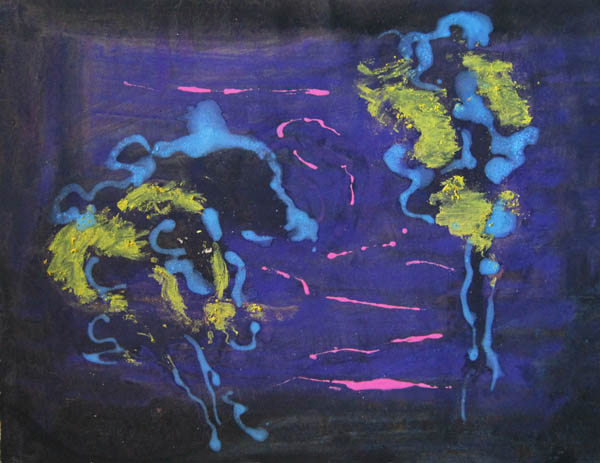
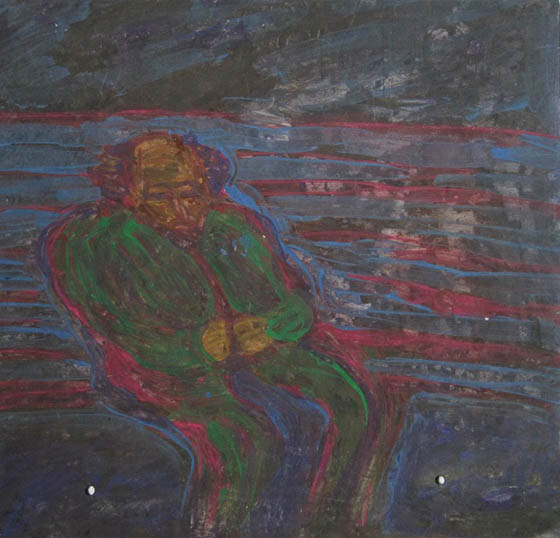
.jpg)